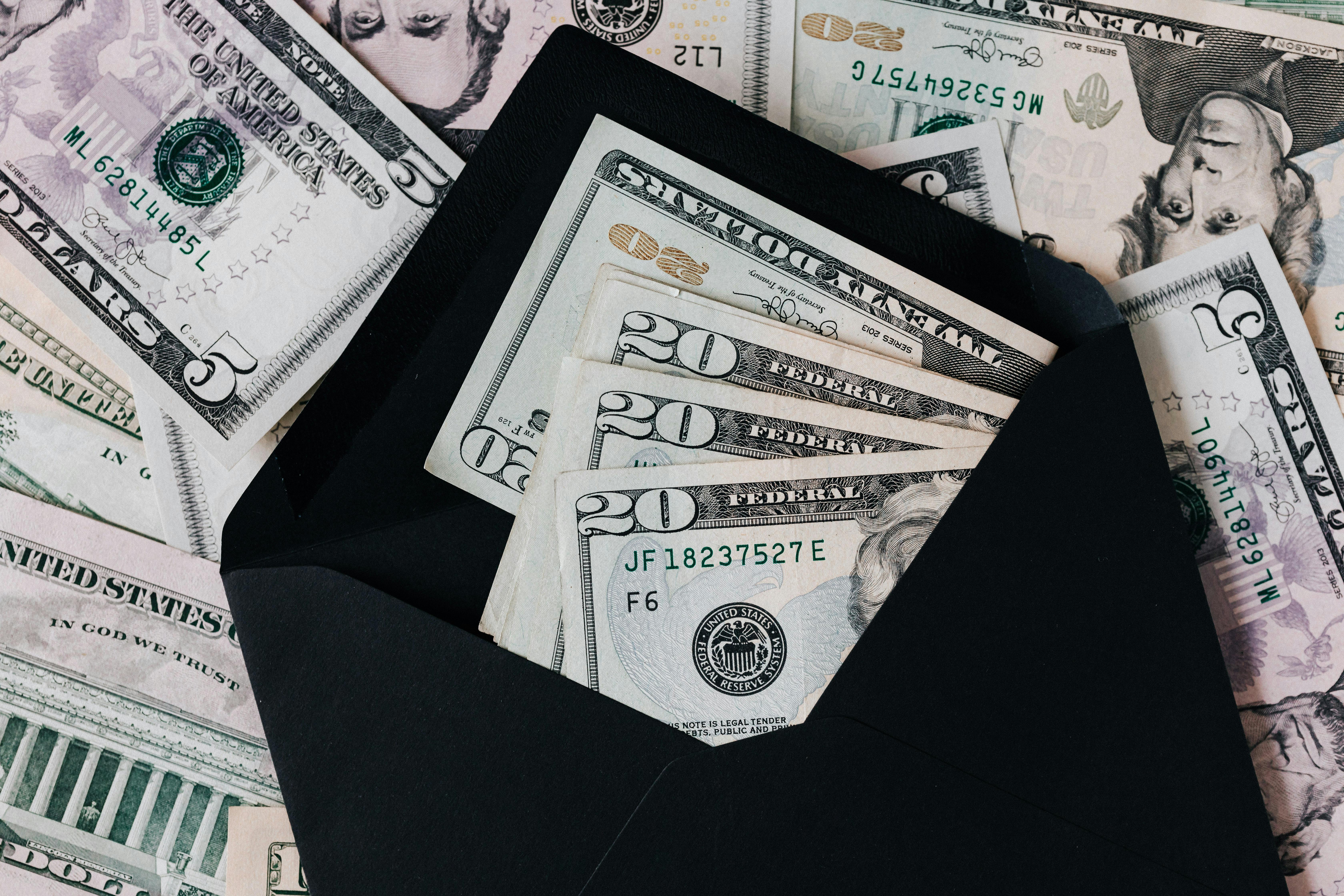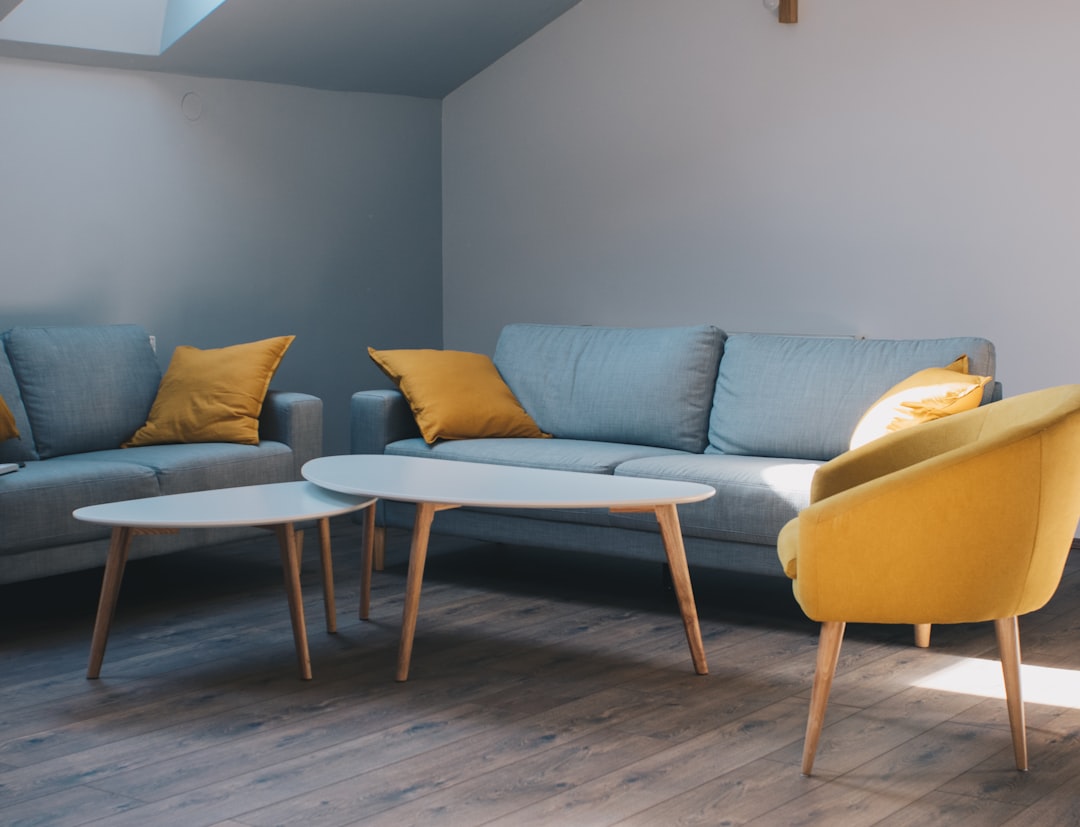In a world constantly pushing us towards more – more possessions, more consumption, more complexity – the idea of “simple living” might seem counterintuitive. Yet, a growing body of evidence and personal testimonies suggest that by intentionally reducing what we don’t need, we can paradoxically gain a richer, more fulfilling life. This isn’t about deprivation; it’s about discerning what truly adds value and letting go of the rest.
Did you know that consumer debt in the United States reached over $17.5 trillion in late 2023, highlighting a pervasive cycle of acquiring more than we can afford? This constant pursuit of material goods often leads to stress, anxiety, and a feeling of never having enough. This article will explore the profound reasons why embracing a simpler lifestyle can lead to genuine abundance, covering financial empowerment, mental clarity, deeper connections, and a positive environmental impact. Prepare to discover how less can truly be more.
Financial Empowerment Through Intentional Spending
One of the most immediate and tangible benefits of simple living is the profound impact on your financial health. By consciously reducing unnecessary expenses and focusing on needs over wants, individuals can significantly improve their savings rate, pay down debt, and build a foundation for true financial independence.
Reducing Consumer Debt
When you adopt a minimalist mindset, the urge to keep up with trends or acquire the latest gadgets diminishes. This shift in perspective naturally leads to less impulsive buying and a more deliberate approach to spending. The money saved from these reduced purchases can then be redirected towards high-interest debt, accelerating your path to becoming debt-free.
For instance, consider the “Financial Independence, Retire Early” (FIRE) movement, which champions aggressive saving and investing to achieve financial freedom at an earlier age. Many adherents of FIRE embrace simple living principles to maximize their savings potential, demonstrating a direct link between reduced consumption and accelerated wealth building. You can learn more about the concept of Financial Independence on Investopedia.
Building a Stronger Financial Future
Beyond debt reduction, simple living fosters a mindset of contentment with less, which translates into greater financial resilience. Instead of working solely to afford more possessions, you can work to build assets, create passive income streams, or simply reduce your overall financial burden. This allows for greater flexibility and less reliance on a high income to maintain a desired lifestyle.

Reclaiming Time and Energy
Our possessions demand our time and energy, often more than we realize. From shopping for new items to cleaning, organizing, repairing, and maintaining what we already own, material possessions can become significant drains on our most precious resources.
The Hidden Costs of Ownership
Think about the time spent decluttering your home, searching for misplaced items, or even working extra hours to afford a larger living space to store all your belongings. Simple living directly addresses these hidden costs by advocating for fewer, more meaningful possessions. This reduction frees up valuable time and mental energy that can be redirected towards activities that truly enrich your life.
“The things you own end up owning you.” – Tyler Durden, Fight Club
Investing in Experiences, Not Things
With less time spent on material pursuits, you gain the freedom to invest in experiences, personal growth, and relationships. This could mean more time for hobbies, travel, volunteering, learning new skills, or simply enjoying quiet moments of reflection. These experiences often provide more lasting happiness and create richer memories than any material possession ever could.
Cultivating Mental Clarity and Well-being
A cluttered physical space often reflects or contributes to a cluttered mind. Simple living, particularly through decluttering and mindful consumption, has a profound positive impact on mental health, reducing stress and fostering a sense of peace.
Reducing Decision Fatigue and Stress
Every item we own, every choice we make about what to buy or how to organize, contributes to decision fatigue. By simplifying your possessions and your consumption habits, you reduce the number of daily decisions, freeing up mental bandwidth. This leads to less stress, improved focus, and a greater sense of control over your environment.
Embracing Contentment and Gratitude
Simple living encourages a shift from constantly wanting more to appreciating what you already have. This cultivates a deeper sense of contentment and gratitude, which are fundamental to psychological well-being. Research suggests that materialism is often linked to lower levels of happiness and higher levels of anxiety. Conversely, focusing on experiences and relationships over possessions can significantly boost overall life satisfaction. For more insights, consider reading about The Psychological Benefits of Minimalism.
Fostering Deeper Connections and Experiences
When the focus shifts away from accumulating material goods, it naturally gravitates towards what truly matters: human connections and meaningful experiences. Simple living creates space for these invaluable aspects of life.
Prioritizing Relationships
Instead of spending money on things, you can invest in shared experiences with loved ones – a weekend trip, a special meal, or simply more quality time together. These shared moments build stronger bonds and create lasting memories that far outweigh the fleeting pleasure of a new purchase.
The Value of Non-Material Pursuits
Simple living encourages a re-evaluation of what constitutes “richness” in life. It’s not about the size of your house or the car you drive, but the depth of your relationships, the richness of your experiences, and the contribution you make to the world. This perspective allows for a more authentic and fulfilling existence.
Contributing to a Sustainable Future
Beyond personal benefits, simple living has a significant positive impact on the environment. Reduced consumption directly translates to a smaller ecological footprint, making it a powerful way to contribute to a more sustainable planet.
Minimizing Waste and Resource Depletion
Every product we buy has an environmental cost, from its production and transportation to its eventual disposal. By consuming less, we reduce demand for new goods, which in turn lessens the burden on natural resources, energy consumption, and waste generation. This conscious choice supports a circular economy and reduces pollution.

Embracing Eco-Conscious Choices
Simple living often goes hand-in-hand with other sustainable practices, such as buying second-hand, repairing items instead of replacing them, supporting local businesses, and reducing food waste. These habits collectively contribute to a healthier planet for current and future generations. The United Nations Sustainable Development Goals highlight the importance of responsible consumption and production for global well-being.
The Paradox of Less: A Comparative View
To further illustrate the benefits, consider this simplified comparison between a consumer-driven lifestyle and one focused on simple living:
Lifestyle Comparison
| Aspect | Consumer-Driven Life | Simple Living |
|---|---|---|
| Focus | Acquiring possessions, external validation | Experiences, relationships, internal fulfillment |
| Finances | Debt, constant spending, financial stress | Savings, financial independence, reduced stress |
| Time/Energy | Maintaining possessions, shopping, working for more | Pursuing passions, leisure, meaningful activities |
| Well-being | Materialistic pursuits, potential anxiety, dissatisfaction | Clarity, peace, contentment, reduced stress |
| Impact | Resource depletion, waste, environmental strain | Reduced footprint, sustainability, mindful consumption |
Practical Steps Towards a Simpler, More Abundant Life
Embracing simple living doesn’t require drastic changes overnight. It’s a journey of intentional choices. Here are some practical steps to begin:
- Declutter Your Space: Start small. Choose one area, like a closet or a drawer, and remove items you no longer use, need, or love. Consider the “KonMari” method or the “one-in, one-out” rule.
- Mindful Spending: Before making a purchase, ask yourself: “Do I truly need this? Does it add value to my life? Can I borrow or repurpose something instead?”
- Prioritize Experiences: Allocate more of your budget and time to experiences like travel, learning, or spending quality time with loved ones, rather than acquiring material goods.
- Cook at Home More: Reduce reliance on expensive takeout and restaurant meals. Cooking at home is often healthier, more economical, and can be a mindful, enjoyable activity.
- Digital Declutter: Simplify your digital life by unsubscribing from unnecessary emails, organizing your files, and reducing screen time.
Conclusion: Your Path to True Abundance
The journey to simple living is a powerful one, offering a clear path to a life of genuine abundance. It’s not about living with less, but about living with *more of what truly matters*: more financial freedom, more time, more mental peace, deeper connections, and a greater sense of purpose. By intentionally shedding the excess, you create space for the things that truly enrich your existence.
Embracing simplicity allows you to escape the endless cycle of consumerism and redefine success on your own terms. It empowers you to live authentically, aligning your actions with your values, and contributing positively to the world around you.
Ready to Begin Your Journey?
What is one small step you can take today to simplify your life and move closer to your version of abundance?
Share your thoughts in the comments below, or explore more about intentional living on The Minimalists website for further inspiration.
For more insights into sustainable living and mindful consumption, consider exploring resources from organizations like the U.S. Environmental Protection Agency (EPA).

